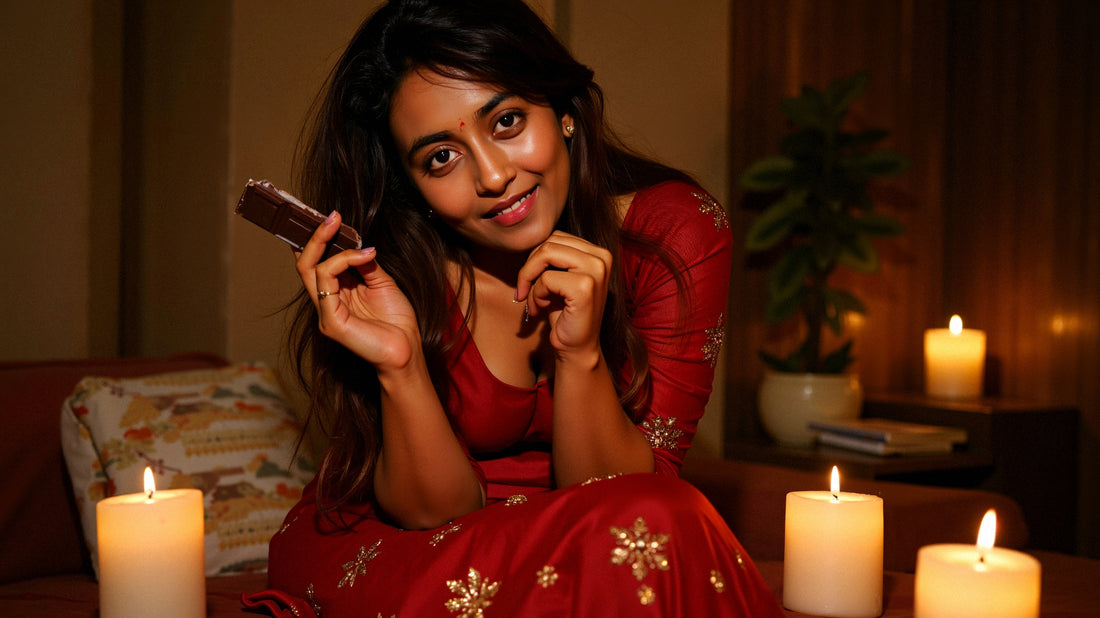
Virginity: The Myths, the Pressure, and the Truth
Virginity—a word that carries so much weight, judgment, and mystery, especially in cultures like ours. But what does it really mean? Is it just a physical concept, or has society blown it into something far bigger than it needs to be? As a 21-year-old Indian girl (and your friendly sexual wellness guide), let’s break down the myths, unpack the societal pressure, and uncover the truth about virginity.
Myth 1: Virginity is About a Physical Change
One of the most widespread myths is that virginity is about the hymen breaking during a woman’s first sexual experience.
The Truth:
- The hymen can stretch or tear due to activities like sports, cycling, or even using tampons—it’s not a definitive marker of virginity.
- Virginity is not something that can be “proven” physically. It’s a personal and subjective concept.
Why This Matters:
Misconceptions about the hymen have fueled unnecessary pressure on women and reinforced damaging stereotypes about purity.
Myth 2: Virginity Equals Purity
Cultural narratives often link virginity to a person’s morality or worth, especially for women.
The Truth:
- Virginity doesn’t define your value or character.
- Sexual choices are personal and don’t determine whether someone is "pure" or "impure."
Fun Fact: The concept of virginity as a moral virtue is a relatively modern idea, with no biological basis.
Myth 3: Men Don’t Have to Worry About Virginity
While virginity is often discussed in the context of women, societal expectations around men can also create pressure.
The Truth:
- Men face expectations to lose their virginity early or perform well during their first experience, leading to anxiety and unrealistic standards.
Breaking the Stereotype:
Open conversations about virginity can help both men and women feel less judged and more empowered.
The Cultural Pressure
In India, virginity is often seen as a badge of honor, particularly for women, due to deeply rooted cultural and societal norms.
- Marriage Expectations: Many families expect brides to be virgins, placing immense pressure on young women.
- Stigma for Men: Men are shamed if they are virgins past a certain age, as if it reflects on their masculinity.
This pressure can lead to secrecy, guilt, and unhealthy relationships with intimacy.
Why It’s Time to Shift the Narrative
-
Virginity is Subjective:
Everyone has their own definition of virginity. For some, it’s tied to their first sexual experience; for others, it’s a personal decision about intimacy. -
It’s Your Choice:
Whether, when, and how you choose to have sex is entirely up to you. Virginity is not a goalpost or a milestone—it’s your journey. -
Healthy Conversations Matter:
Normalizing discussions about intimacy and virginity can reduce stigma and empower people to make informed decisions.
How to Talk About Virginity
If you feel the need to discuss virginity with a partner, friend, or family member, here’s how:
- Start with Education: Share facts about the myths surrounding virginity.
- Be Respectful: Remember, everyone’s experiences and beliefs are different.
- Create a Safe Space: A comforting setting—like sharing The Coco Love—can make conversations feel less intimidating.
The Role of Chocolate in Breaking Barriers
Sometimes, taboo topics are easier to discuss with a little help. Sharing a bar of The Coco Love can create a relaxed and welcoming atmosphere for open conversations. Its mood-enhancing ingredients, like saffron and Ashwagandha, make it the perfect companion for breaking the silence.
The Sweet Takeaway
Virginity is not a marker of worth, purity, or character—it’s a deeply personal concept that shouldn’t be tied to societal judgment or pressure. By breaking the myths and opening up conversations, we can create a healthier, more inclusive narrative around intimacy.
And remember, a little sweetness can go a long way in breaking barriers. Share a moment of connection with The Coco Love and start the conversation today.







